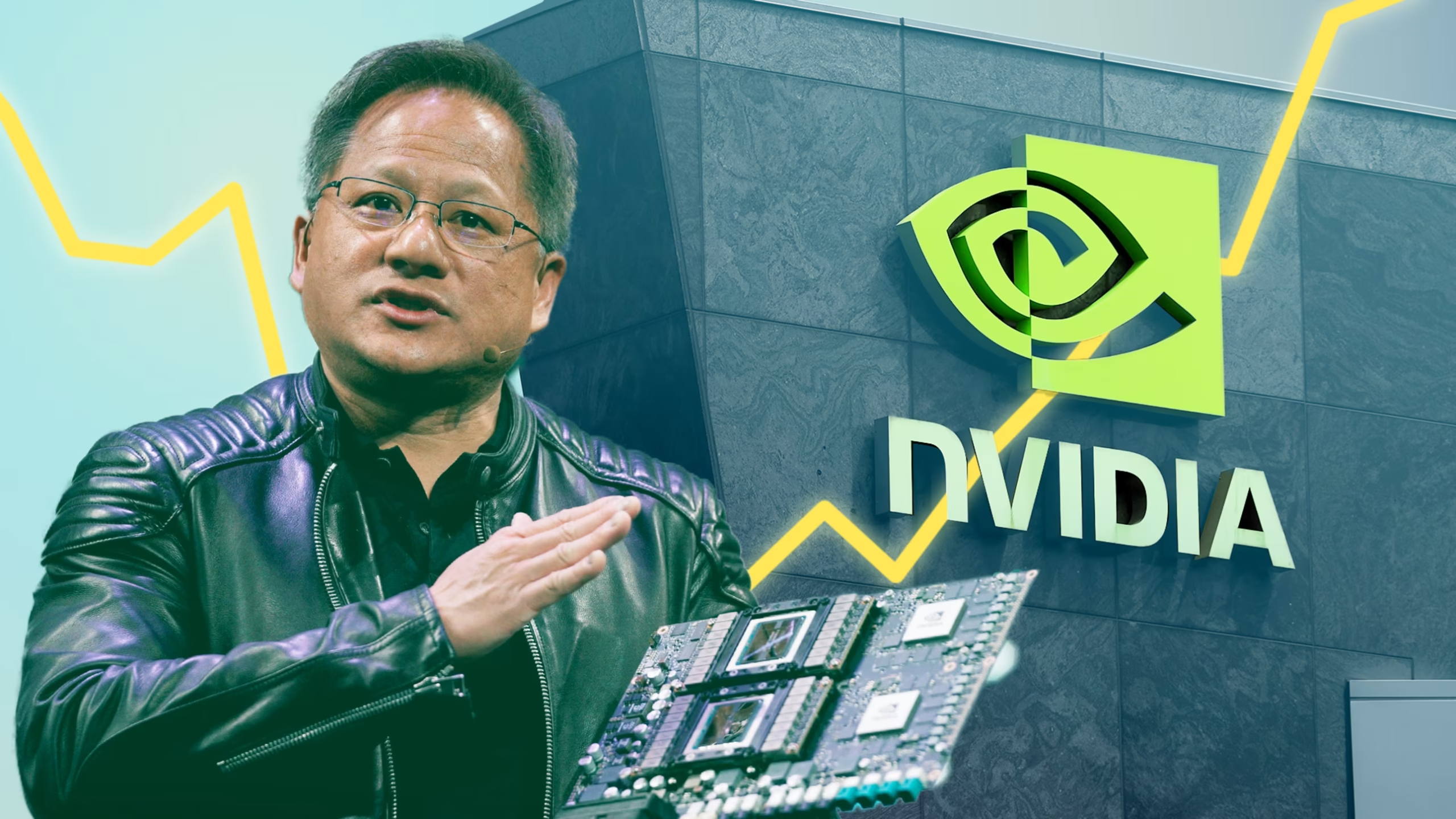In a historic milestone, Nvidia, the semiconductor powerhouse driving the artificial intelligence revolution, has reached a market valuation of $4 trillion—making it the world’s second-most valuable company and placing it ahead of the UK’s Gross Domestic Product (GDP).
This jaw-dropping figure isn’t just symbolic. It represents a seismic shift in global economics, where tech innovation, particularly in AI and data infrastructure, is now outpacing the growth of entire national economies.
From Chipmaker to AI Titan
Founded in 1993, Nvidia was once known mainly for its high-performance graphics processing units (GPUs) used in gaming. Fast-forward to 2024 and beyond, Nvidia has become the central engine of the AI boom.
Its GPUs are now the backbone of AI model training, data centers, robotics, autonomous vehicles, and even national AI infrastructure for governments and tech giants alike. Its flagship chips like the H100 and GH200 Grace Hopper are in extremely high demand across the globe.
Bigger Than an Entire Nation
To put this $4 trillion valuation into perspective, the United Kingdom’s GDP in 2024 was estimated at approximately $3.4 trillion. That means Nvidia, as a single private entity, is now worth more on paper than the total economic output of one of the world’s largest and most developed nations.
This comparison underlines how tech companies, especially those leading in AI, are becoming economic superpowers in their own right.
AI at the Core of Growth
Nvidia’s explosive valuation is driven by the growing adoption of generative AI tools, large language models (LLMs), and cloud computing. Tech giants such as Microsoft, Google, Amazon, and Meta are all Nvidia customers, relying on its chips to power their AI ambitions.
The company’s quarterly earnings have consistently shattered analyst expectations, with AI-related sales forming a major chunk of its revenue. And with demand continuing to soar, the future appears even brighter.
What This Means for the Future
Nvidia’s rise is part of a larger trend where technology is redefining global economic power structures. As AI becomes embedded in every sector—from healthcare and finance to education and manufacturing—companies like Nvidia will continue to hold massive influence over innovation and productivity.
However, this also raises questions about market concentration, global dependencies, and how nations plan to regulate or partner with these tech giants.
Final Thoughts
Nvidia’s $4 trillion valuation is more than just a financial headline. It marks a defining moment in the age of AI—where hardware and innovation aren’t just fueling growth, they’re reshaping the global economic hierarchy.


